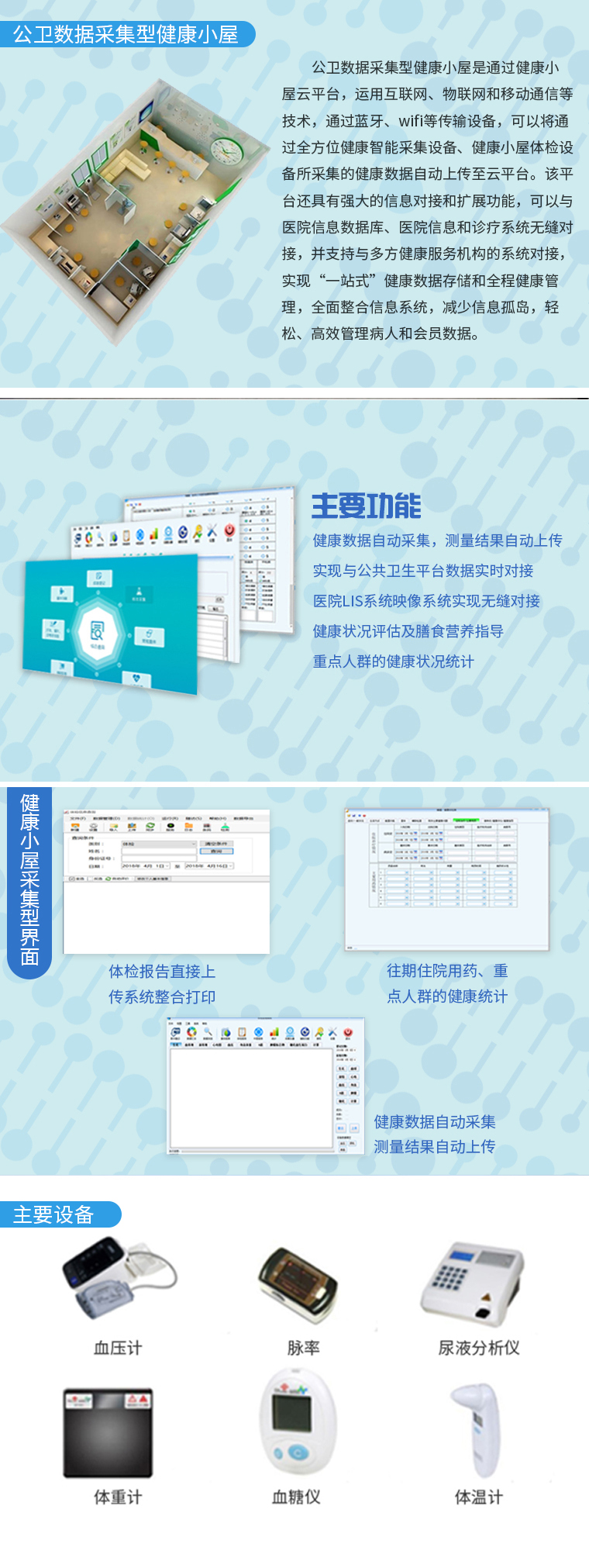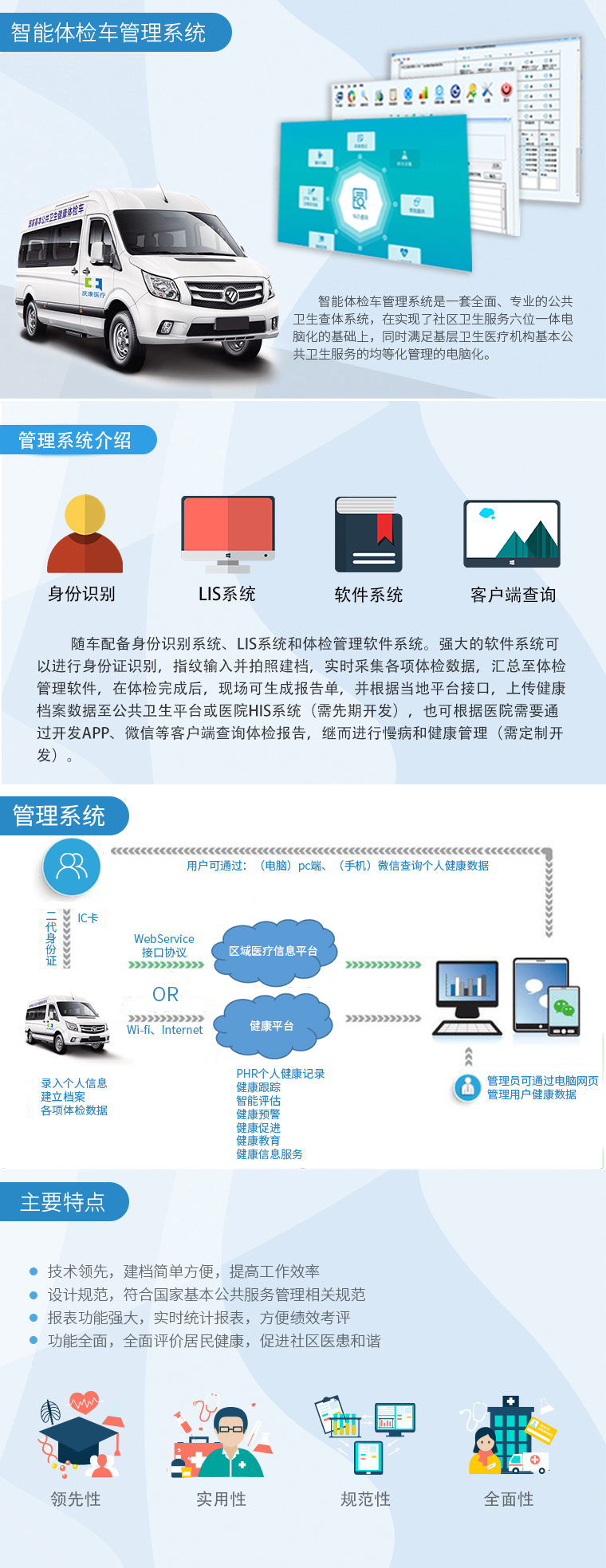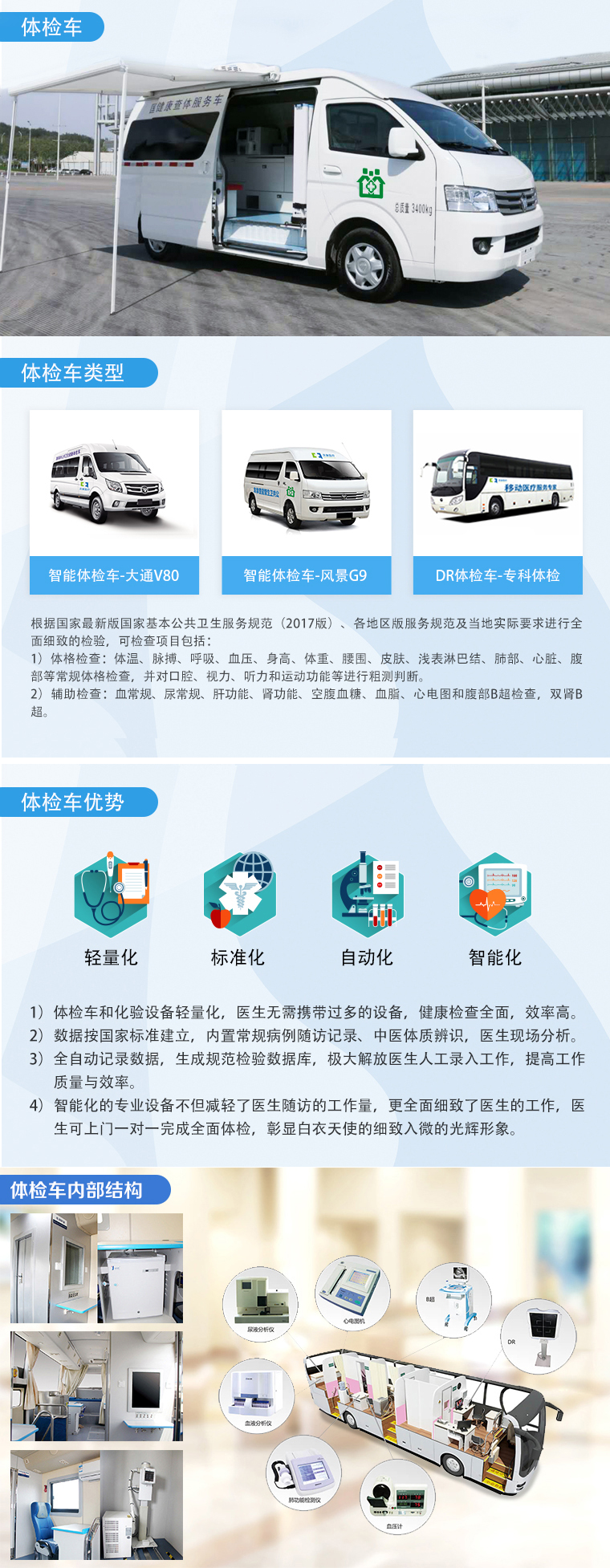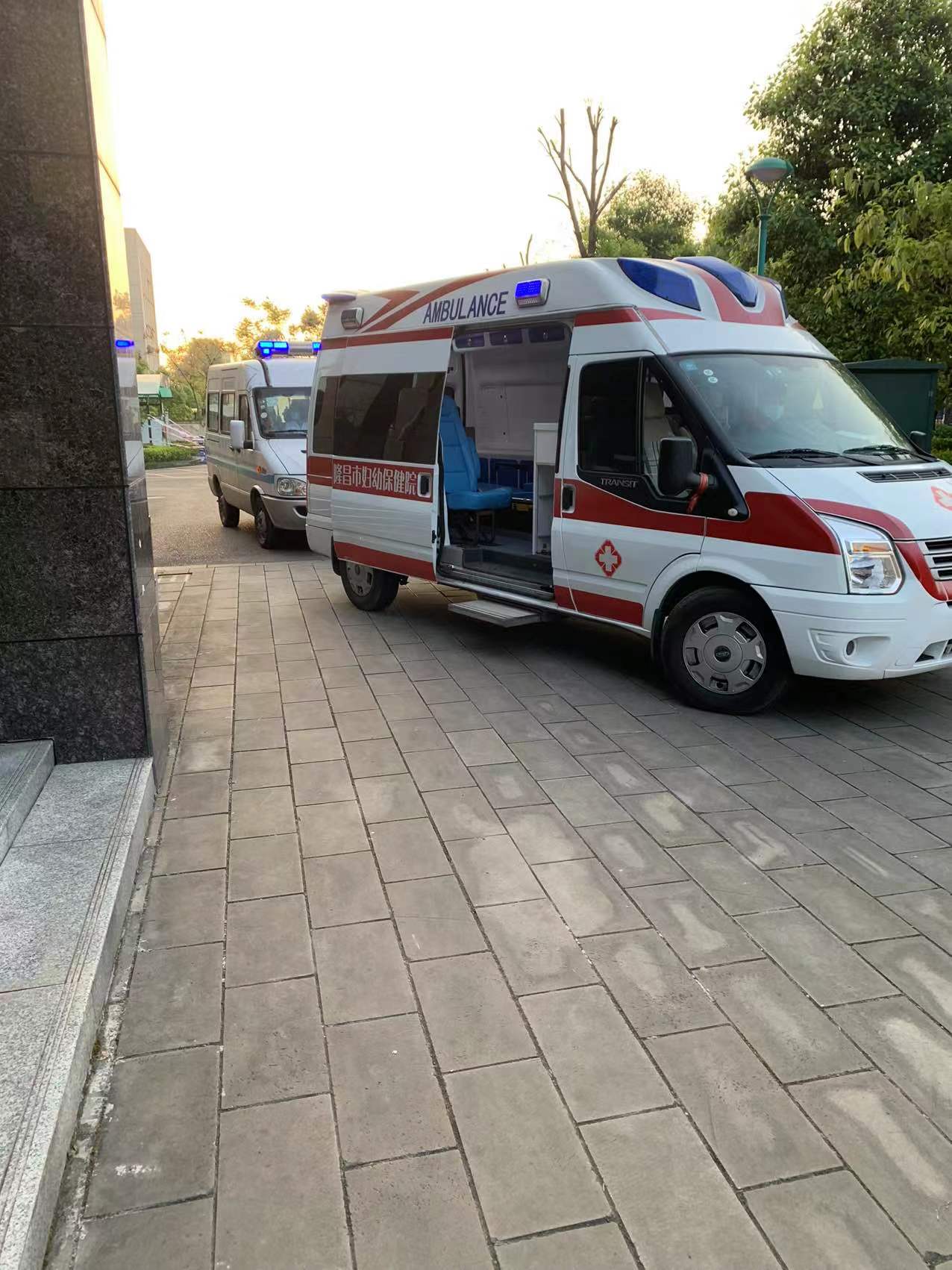实施案例
产品
新闻
慢病管理:打造数字化患者管理新模式
- 2023-11-21
- //qdclab.com/ 原创
- 130
The full name of chronic non communicable diseases is chronic non communicable diseases. Chronic non communicable diseases consist of a series of chronic diseases, including cardiovascular diseases, diabetes, chronic respiratory diseases and mental diseases, which are characterized by a long incubation period and a long course of disease, leading to patients' weakness or loss of function.
慢性管理是一项系统性工程,不能狭隘地将慢病管理理解成慢性病的管理,还应当利用其各个要素(人、财、物、信息和时空),借助管理手段,使慢病管理的社会效用大化。
Chronic management is a systematic project that cannot be narrowly understood as the management of chronic diseases. It should also utilize its various elements (human, financial, material, information, and time and space) and utilize management methods to maximize the social utility of chronic disease management.
慢病管理更多的是改变一个人的认知,进而去改变他的行为,让他获得生活方式上的改变。这就需要我们通过一种方式,能够长期、持续、深度地去影响患者的认知层面。
Chronic disease management is more about changing a person's cognition and then changing their behavior, allowing them to achieve lifestyle changes. This requires us to have a long-term, sustained, and profound impact on the cognitive level of patients through a means.


系统具备癫痫、哮喘、糖尿病、乙肝、肠内营养等在内的220个专病病种领域的患者管理能力,且取得了初步有效的医学结果。在数字化患者管理模式下,患者自我管理疾病的主动性更容易激发,用药依从度和生活质量明显改善。
The system has the ability to manage patients in 220 special diseases, including epilepsy, asthma, diabetes, hepatitis B, and enteral nutrition, and has achieved preliminary and effective medical results. In the digital patient management model, patients' initiative in self-managing diseases is more easily stimulated, and medication compliance and quality of life are significantly improved.
以肠内营养康复中心为例,患者在参与管理后95天,人均用药天数提升70%。通过持续跟踪发现,参与肠内营养项目的患者中,初次建档时身体消瘦(BMI值小于18.5)的患者中,超过83%体重得到改善。
Taking the enteral nutrition rehabilitation center as an example, after 95 days of participation in management, the average number of medication days per patient increased by 70%. Through continuous tracking, it was found that among patients participating in enteral nutrition programs, more than 83% of patients who lost weight (BMI value less than 18.5) at the time of initial filing improved their weight.
效果管理如何,患者管理是否真正有效?
How about effectiveness management and is patient management truly effective?
医疗机构可以采用一套的慢病专科随访+AI人工智能随访系统,通过和HIS系统进行对接,对建档的门诊、出院患者进行分级随访管理,实现精准随访。社群中的各个角色可以根据患者的情况精准干预和帮扶疾病控制不佳的患者,患者疾病管理情况越差,干预方法和频次就越强。同时,通过系统对患者接受干预后的行为进行着长期追踪,确保对患者的认知教育能够转化为实际的行为改变,并终带动疾病向好发展。
Medical institutions can adopt a professional chronic disease specialist follow-up+AI artificial intelligence follow-up system, which interfaces with the HIS system to perform graded follow-up management on outpatient and discharged patients, achieving precise follow-up. Each role in the community can accurately intervene and assist patients with poor disease control based on their condition. The worse the patient's disease management, the stronger the intervention methods and frequency. At the same time, long-term tracking of patients' behavior after receiving intervention is carried out through the system to ensure that cognitive education for patients can be translated into actual behavioral changes and ultimately drive the disease to develop for the better.
漫长康复过程中的“同伴互助”也非常重要。在数字化患者管理新服务模式中,实际有两大核心能力:一是短时间内让患者有自我管理的能力,这个能力可以伴随终身;二是陪伴患者漫长的病程里,让他们的问题有人解答,与疾病相处的过程中有同伴。针对此,通过基于企微微信的社群会不定期邀请患者中的康复患者分享经验,用榜样的力量帮助患者树立信心。
Peer assistance during the long rehabilitation process is also very important. In the new service model of digital patient management, there are actually two core competencies: one is to enable patients to have the ability to self-manage in a short period of time, which can accompany them for a lifetime; The second is to accompany patients throughout the long course of their illness, to have their questions answered and to have companions during their interactions with the disease. In response to this, the community based on Enterprise WeChat will periodically invite rehabilitation patients among patients to share their experiences, and use the power of role models to help patients build confidence.
基础医疗参与慢病管理的大优势是可以与的整个流程结合得更为紧密。线下教练的优势是可以更细致地通过运动、饮食、生活方式指导去改变用户的生活状态,促进慢病。采用“基础医疗+线下教练+社群分享”的新服务模式,让医疗服务更有温度,让患者更有获得感。
The major advantage of basic medical participation in chronic disease management is that it can be more closely integrated with the entire treatment process. The advantage of offline coaches is that they can provide more detailed guidance on exercise, diet, and lifestyle to change users' living conditions and promote the treatment of chronic diseases. Adopting a new service model of "basic healthcare+offline coaches+community sharing", making medical services more warm and providing patients with a sense of gain.
本文由慢病随访管理系统友情奉献.更多有关的知识请点击://qdclab.com真诚的态度.为您提供为的服务.更多有关的知识我们将会陆续向大家奉献.敬请期待.
This article is dedicated by the Chronic Disease Follow up Management System. For more information, please click on: //qdclab.com Sincere attitude. We will provide you with comprehensive services. We will gradually contribute more relevant knowledge to everyone. Stay tuned




